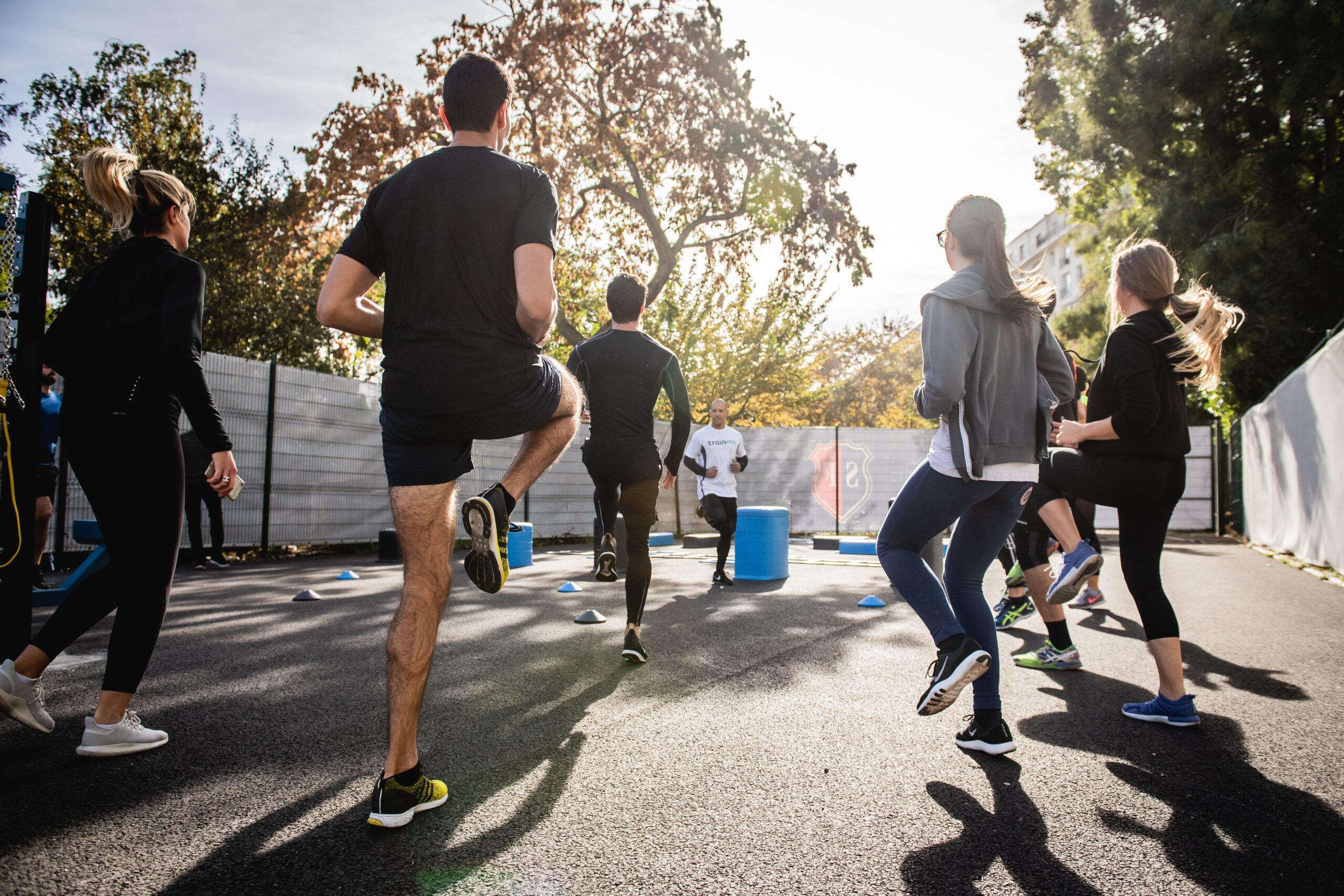Rehabilitating addicts deal with multilayered issues that include physical, mental, emotional, and social complications in their journeys to fight and recover from addiction or mental health disorders.
Experts believe that the best way to maneuver through this phase is by keeping yourself occupied and not giving your mind enough time to think about the disorder or associated compulsions. This can directly affect the relapse rate in SUD patients which is estimated to be as high as 40-60%.
Recreational therapy is an attempt towards achieving just that. Professional treatment centers and rehabs have lately been actively promoting individualized recreational programs with the help of certified counselors and therapists to strengthen standard substance abuse treatment procedures with creative and productive subsidiary remedies.
Patients are made to engage in their choice of side activities that can range from physical exercises such as outdoor sports, nature trails, or adventure sports to activities for psychological relaxation such as practicing yoga, meditation, and mindfulness to leisure hobbies like art, music, and drama.
These also provide a leisurely escape from intensive medical and recovery treatment regimens ultimately helping treatment retention.
Benefits of Recreational Therapy for Rehab Patients
Boosts Physical Wellbeing
Activities that involve physical movements such as walking, cycling, swimming, dancing, and target workouts help both body and mind feel lighter. They also improve immune health.
One can set fitness goals and channel all efforts and focus into achieving them. The reward comes in the form of a better physical appearance and that in turn can instill more self-confidence.
Physical well-being stimulates brain chemicals that help the body’s natural detox cycles as well. It imparts a sense of self-composure, plus assists in regulating sleep patterns, mood, and temper.
Restores Mental and Emotional Health
Going by statistics, over 9 million adults in the US with SUD also have a co-existing serious mental health condition.
Recreational therapies can promote self-awareness in patients, helping them address underlying fear, depression, stress and anxiety. With more emotional stability, they are able to think clearly about the future and what they want from life at large.
With uplifting recreations like music, painting, therapeutic games, gardening, and more, and calming interventions like yoga and mindfulness, recovering patients can gain sustenance and equilibrium.
Tackles in Behavioral Issues
Recovering addicts often find it difficult to control their actions. They also experience draining withdrawal symptoms such as restlessness, mood swings, irritability, impulsiveness, etc. Indulging in structured recreational programs can not only help alleviate these symptoms but also discourage self-destructive behaviors.
Psychosocial Upliftment
Pursuing your favorite hobbies with peers who share both the same setbacks and interests, surely can prove to be the most effective way out of feelings of seclusion and stigma.
Rehabs, therefore, encourage support groups and communal therapies where healing patients can interact with each other, have fun together and grow out of their discomforts together.
Group recreational activities can help patients get inspiration from each other, minimize feelings of isolation, and enhance their cooperation and social skills.
Improves Cognitive Skills
Engaging in activities that are physically and mentally challenging, but in a healthy positive way, can help augment an individual’s cognitive abilities as well as their perceptiveness, reasoning, and alertness.
Reading, creative writing, memory games, meditation, quizzes, and more, all can enhance the overall functioning of a recovering addict.
Reinforces Self-Confidence
Watching yourself unburdening, enjoying, not giving up, interacting better, and growing over regressions is usually a reward enough for people to try harder on their self-healing journeys. A positive perspective shift can go a long way in making patients recovery ready.
Conclusion
Healing will take time but there’s no better way to ditch addictive habits than by replacing them by doing things that make one cheerful and content.
When patients stay active and let their happiness supersede the need for reward chemicals from addictive substances, they can reorient themselves on the path to long-term healing.
Though recreational therapy may not be a cure-all, it is a good support for standard treatments and can help patients cope with post-traumatic strain effectively.
